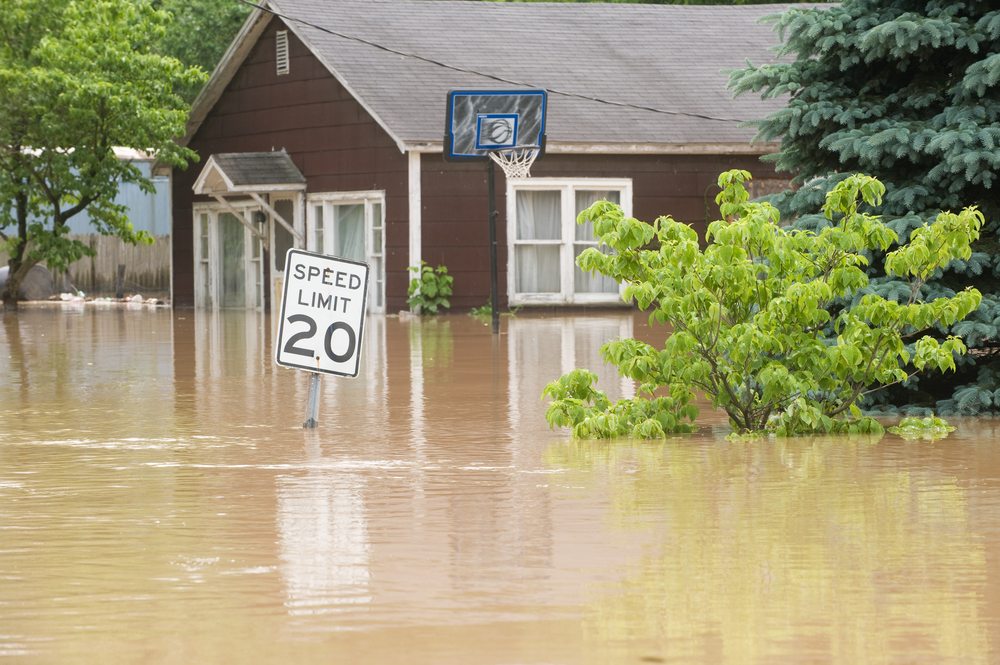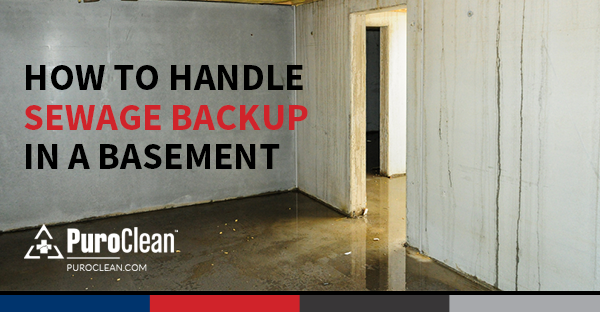
After a flood, all kinds of dangers lurk in waters and your home. Whether it’s bacteria, mold, electricity, or rapid streams – all pose a danger to your health and safety if you’re not careful. Here are the most common hazards following a home flood, and tips to avoid them:
Infections
- You can contract a disease by eating or drinking contaminated products. Floodwaters can directly infect food with bacteria like E. coli or Salmonella or indirectly during a power surge. There’s also the risk of wound infection if you come in contact with floodwater.
- Throw away food that has come in direct contact with floodwater, including bottled drinks and products in jars, or any food that looks and smells unusual. Intact, canned goods may be washed and disinfected.
- Discard perishable foods like meat or eggs, which have been left at above 41 degrees Fahrenheit for more than four hours.
- Throw away all medicines, cosmetics, and other toiletries that have touched floodwater.
- If you’ve made contact with floodwater, practice good hygiene – wash hands frequently with soap and water.
- Don’t let kids play in floodwater or with toys contaminated by floodwater.
- If you have an open wound, keep it clean, cover it with a waterproof bandage, and avoid exposure to floodwater.
Rapid Flowing Waters
- Don’t drive through flowing water even if it’s just a few inches deep. Your vehicle may break down or get swept away.
- If the roads are flooded and you absolutely must drive, monitor road conditions and obey closure signs. Be aware of road hazards such as mud, building debris, tree limbs, and pot holes.
- Never walk through flowing water either. Rapidly moving water can be deadly, even if you can swim.
Respiratory Hazards
- Avoid areas with mold growth – it can form within 24-48 hours of a flood. Mold must be removed before moving back to your home. For mold and water damage cleanup, hire a professional damage restoration company, such as PuroClean.
- Run gasoline, propane, and diesel-powered equipment only in well-ventilated outdoor areas to prevent carbon monoxide buildup.
- Stay away from building materials that may contain lead, such as painted surfaces and pipes.
- Be aware of asbestos poisoning. Don’t enter areas where asbestos may have been used as construction material.
Chemical Exposure
- When returning to your home after a flood, be aware of potential chemical hazards that floodwaters could have carried.
- Don’t move propane tanks yourself as they may cause a fire or explode. Call the State Fire Marshal’s office immediately.
- If you see car batteries in floodwaters, don’t get close to them to avoid electrical shock. Also beware of any acid that may have spilled from a damaged car battery.
Electrical and Gas Dangers
- Never touch electrical lines, wires, equipment, and fixtures during and after a flood. Report fallen power lines.
- Don’t walk or drive through floodwater if downed power lines are in it.
- Never enter your home if the main power switch was not turned off before flooding. Wait until a qualified electrician has declared your home safe before re-entering.
- Evacuate your home if you detect or smell gas and notify the gas company.
Debris
- In the aftermath of a flood, all kids of debris may be potentially dangerous. Watch out for broken glass, construction or demolition debris, and tree limbs.
To learn more about home flooding safety, check out how to protect your home from flooding and what to do after a basement flood. For flood water damage repair and mold remediation service, contact your local PuroClean office.
PuroClean is a leading commercial and residential restoration franchising company. Founded in 2001, the company offers fire and water cleanup and restoration services, mold mitigation and remediation, and biohazard cleanup and removal throughout the United States and Canada through its franchise network of 240 offices. Learn more.



 PuroClean of New Braunfels
PuroClean of New Braunfels